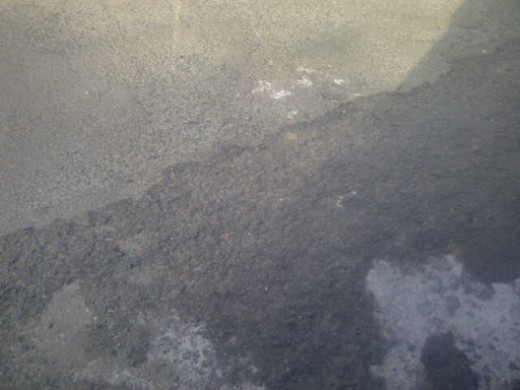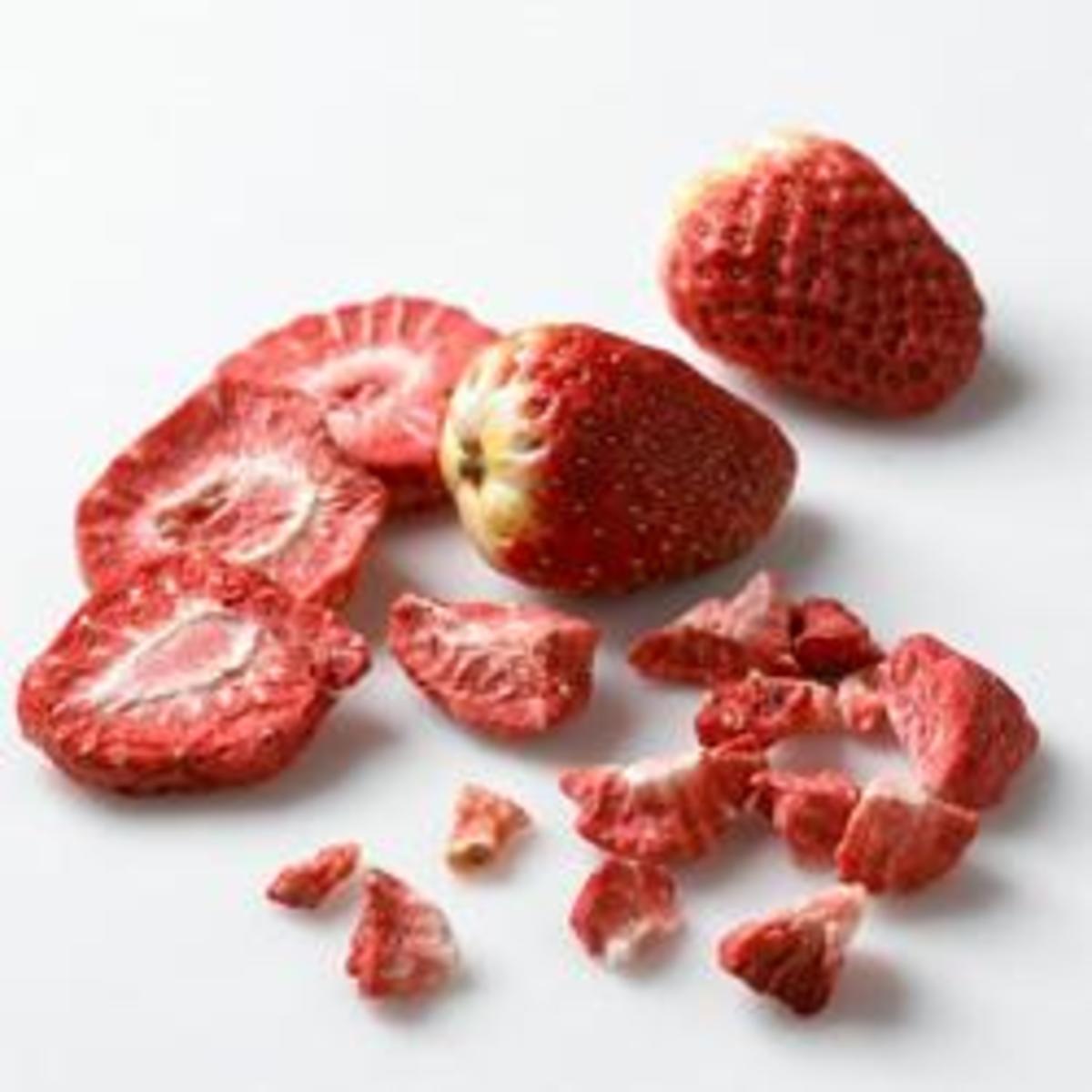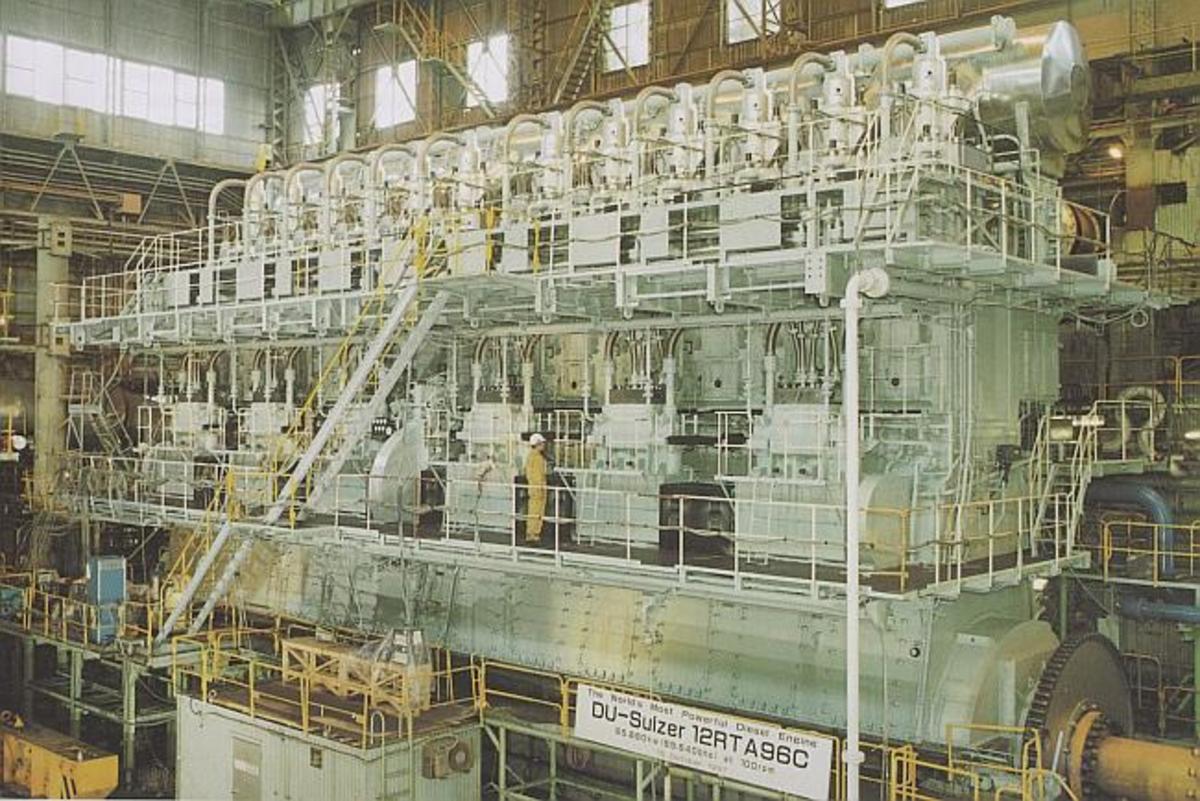Facts about Asphalt

Where It Comes From
You walk on it, drive on it, bike and play on it. Even our planes land on it but very few people stop and think about what asphalt is, and how it is made.
Asphalt, or also known as bitumen, is a thick black or brownish substance derived from the same crude oil which produces gasoline, kerosene and vinyl. Bitumen is the term for dark or black viscous or semisolid material that is composed of high molecular weight hydrocarbons. They are scraped from the bottom of the barrel – that is, the last cut in the petroleum refinery after all other petroleum-based products (such as naphtha, gasoline, kerosene, etc) have been removed from the crude oil. Since the substance is at least 80% carbon, that is why the color is deep black. The elemental ingredients in asphalt include carbon, sulfur, hydrogen, nitrogen, oxygen, and trace amounts of nickel, iron, and vanadium.

How It is Made
The tar from the crude oil is mixed with gravel or sand (also known as aggregate) to form the finished product we call asphalt. The widespread use of asphalt relies on its impressive waterproofing and binding properties. Roads, for example, the hard surface of roads depend on the remarkable ability of asphalt to cement together aggregates of sand and stone.
During the road construction, asphalt is poured over a bed of aggregate in heated state, after that it is pressed into place by a heavy steam roller. Ingredients found in asphalt constitute a thermoplastic material that can become very soft when heated but hard when cooled. Most asphalts are also great absorbers of light. Asphalt may harden even more harder over the years without losing its flexibility to accomodate natural variations in the roadbed.
Related Links
- Facts about Cement and Concrete
Whats the difference between cement and concrete - Types of Road
Not all roads are constructed from the same materials. There are several types of ...
Other Characteristics
Its smoothness makes vehicles consume less fuel and produce lower emission. Its quietness is the reason why we no longer need to construct expensive noise walls. Asphalt is so useful and durable that it provides excellent gripping power. However, the performance of this cement-like material can vary widely depending on a number of variables including volume of traffic, temperature fluctuations, the presence of moisture, and exposure to certain chemicals. Even varying ingredients in asphalt can determine its durability. The sulfur fumes released during the heating process can also be hazardous to people or workers and very unpleasant for passers-by. Grease, oil, salt, gas, and transmission fluid are substances that can negatively affect the quality of asphalt, and therefore these substances should be cleaned up when spilled on asphalt.








